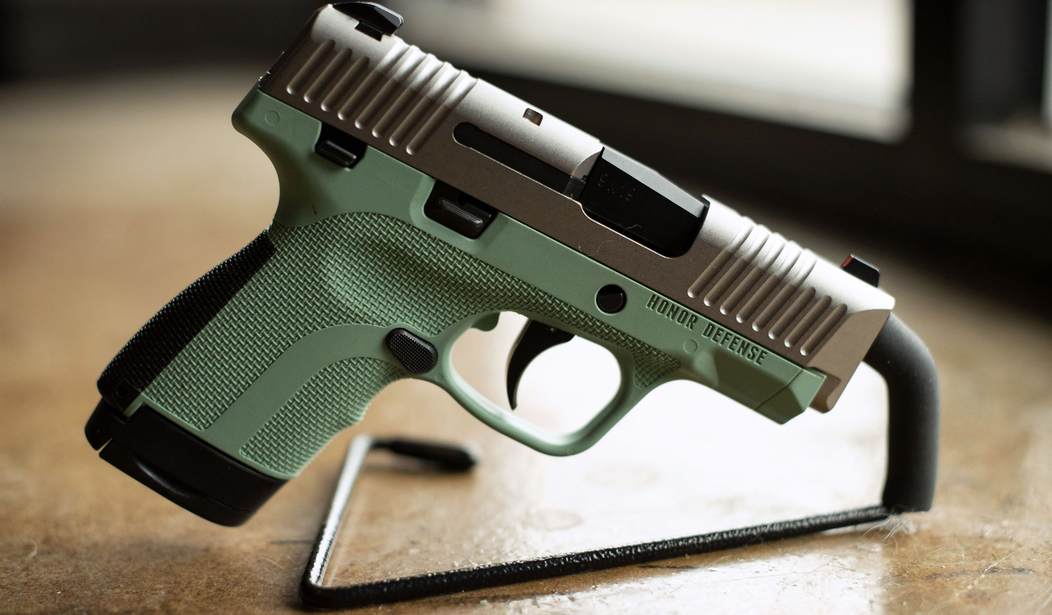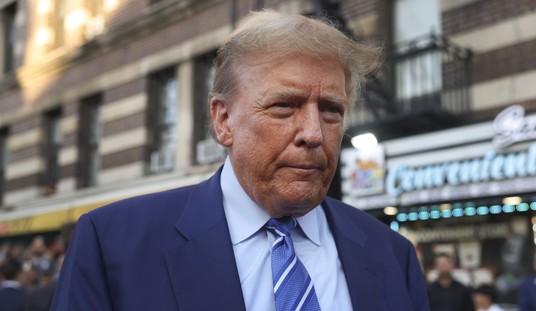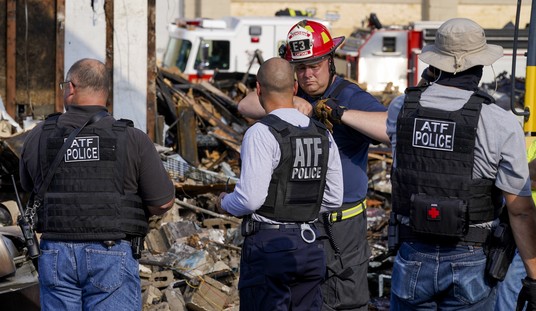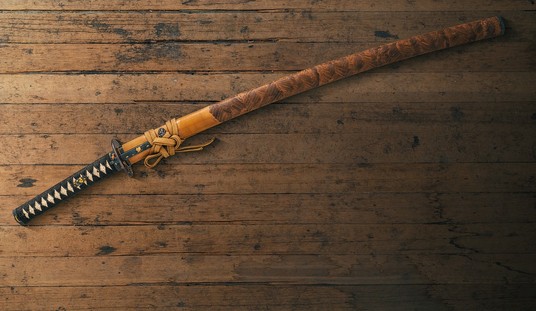While gun control activists and anti-gun politicians are trying to expand the use of “red flag” laws by broadening the categories of who can file for a Extreme Risk Protection Order (and allowing them do so completely anonymously, as New Mexico Attorney General Raul Torrez has suggested), they’re also hoping to lower the bar when it comes to prohibiting people from lawfully possessing a firearm permanently… or at least far longer than the six months to a year that typically come with an ERPO.
The Trace’s Jennifer Mascia and Chip Brownlee have a lengthy story at the New Republic today decrying the fact that in most states, an emergency mental health hospitalization doesn’t automatically lead to a gun ban, at least if it’s not followed by a court-ordered commitment. According to the pair, over the last 20 years, at least 13 “high-profile shootings” (a term they never bother to define) were “carried out by perpetrators who were able to legally buy guns after being released from an emergency hospitalization.”
The emergency hospitalizations they’re referring to are mental health holds; a process that generally lasts between 48 and 72 hours that allows for someone who’s believed to pose a threat to themselves or others to be evaluated by a mental health professional. But the emergency hospitalization itself isn’t a good proxy for a serious mental illness. The hold is there to determine if someone is a legitimate danger to themselves or others, and to ensure they receive treatment if that’s determined to be the case.
Mascia and Brownlee don’t ignore the objections from Second Amendment advocates in lowering the bar, but they do gloss over their concerns… along with those of healthcare professionals who worry about the consequences of loosening the standards.
Gun rights advocates frequently oppose gun bans for emergency hospitalizations, arguing that they unjustly deprive people of their constitutional right to own firearms. In 2016, the Hawaii Legislature moved to impose a temporary gun ban on people admitted for a 48-hour emergency hospitalization. The state’s chapter of the National Rifle Association made an ultimately unsuccessful attempt to stop the bill, despite the fact that the lawmakers who envisioned it created a path for people to regain their gun rights after their mental health crisis subsides.
It is not just gun rights advocates who have concerns about these types of bans. In November, Emmy Betz, an emergency medicine professor who directs the Firearm Injury Prevention Initiative at the University of Colorado School of Medicine, co-authored a survey of each state’s process for reporting mental health records to NICS. She said she worries that if a short-term mental health hospitalization automatically results in a firearms prohibition, it might discourage people from seeking help, especially if they fear losing the guns they already own.
“How do we find that balance between individual rights and responsibilities and community safety? I think that’s the question that we as a society are grappling with,” Betz said. “These are hard conversations for us to have, but we have to keep having them.”
Honestly, I just don’t think that’s much of a concern for the anti-gunners. For them, the issue is getting rid of guns, not expanding mental health treatment. In fact, Maschia and Brownlee quote a law school professor who basically makes that point for them.
Margaret Groban, a former federal prosecutor who teaches about the Second Amendment and firearm regulation at the University of Maine School of Law, said the involvement of a judge makes red flag laws less likely to provoke concerns about violating a person’s constitutional rights. Laws that ban guns after emergency hospitalizations “are looking exclusively at mental health. Red flag laws are looking at the combination of a crisis and firearms,” Groban said. “And so that should be the avenue for relinquishment of firearms.”
But even in those states that allow for gun confiscation in the wake of an inpatient mental health hospitalization, the shortfalls and cracks in our mental health system are evident.
California allows law enforcement or health workers to temporarily remove guns from a patient once they’re detained for emergency evaluation. Should the person be formally admitted for inpatient hospitalization, they are subject to a five-year gun ban.
But Amy Barnhorst, associate director of the Violence Prevention Research Program at the University of California, Davis, said that as many as half of all patients are never formally admitted because hospitals don’t have enough beds to take them. In those cases, the patients are exempted from the gun ban and can get any seized guns returned to them.
I look at that and think to myself “we really need to expand the number of inpatient beds for folks who are in crisis,” but that’s not the takeaway for The Trace. Instead, they’re lobbying to strip people of their Second Amendment rights if they’re even taken in for an evaluation, regardless of the results of the evaluation. And of course, if they’re not gun owners then they really matter at all to the anti-gunners. So what if a non-gun owner should be receiving inpatient care but can’t because there’s no space available for them? Sure, they still might harm themselves or someone else, but so long as a firearm isn’t used it’s not really an issue for the gun control crowd.
Tying Second Amendment rights (or their loss) to a mental health hold is a terrible idea, and I suspect that Betz is right about her concerns that it would drive many gun owners away from seeking mental health treatment in the future if something like that were even upheld by the courts. The big issue is a lack of access to mental health care, both outpatient and inpatient, and that’s a problem for everyone struggling with their mental health… not just those who own guns. What The Trace is advocating for is the same end run around the mental health system that’s inherent in “red flag” laws; it doesn’t matter if treatment is available or even necessary. So long as you’re a gun owner and someone, somewhere, says they’re concerned about your behavior that should be enough to strip you of your right to keep and bear arms; at least temporarily but permanently if the anti-gunners get their way.








